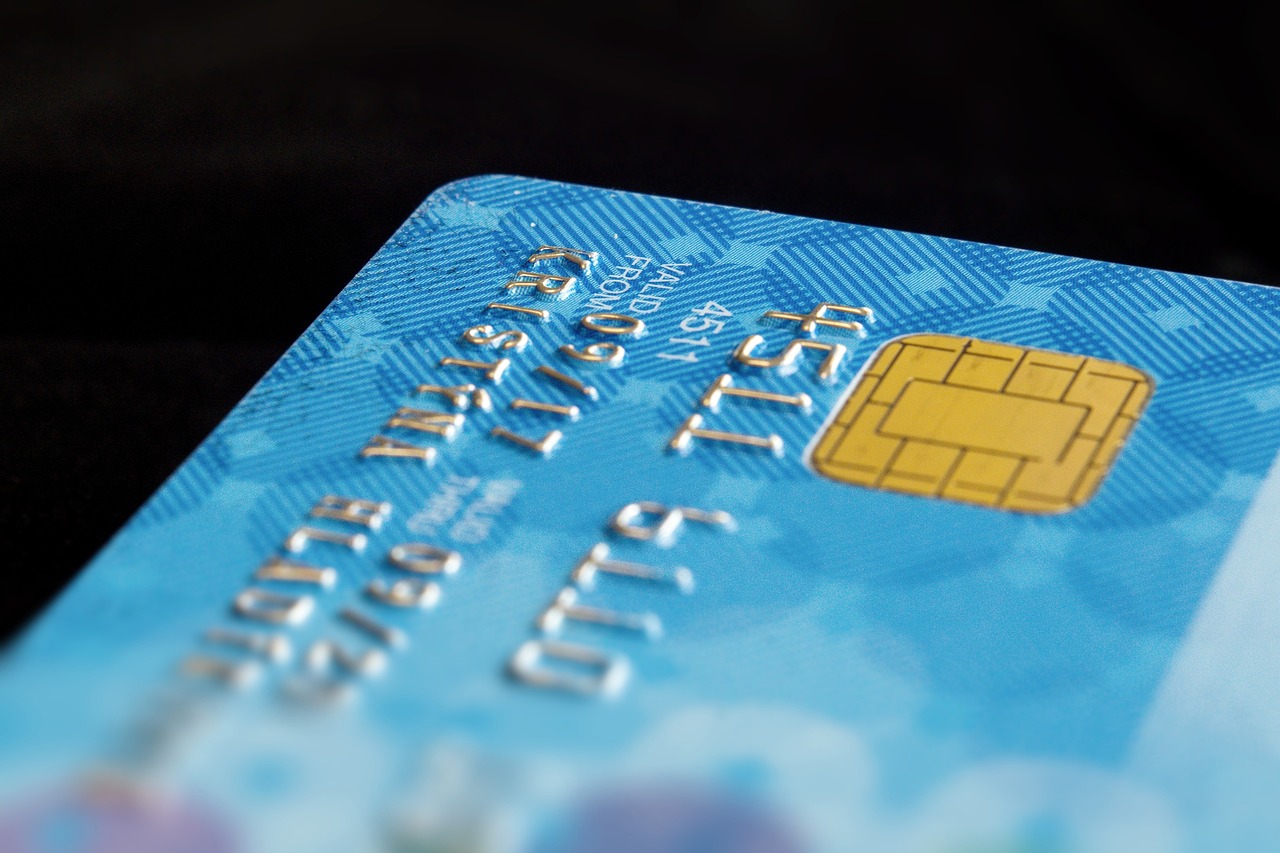Credit Mistakes You Should Teach Your Kids to Avoid

When it comes to life lessons, teaching your children how to maintain good credit is one of the important ones. Proper credit can help your child land a job, buy a place to live and save money over and over again. In addition to teaching your child what he or she needs to do in order to earn solid credit scores, it is also worthwhile to teach your children about the credit mistakes that need to be avoided.
Mistake #1: Not Paying Attention

Too many Americans are in the bad habit of ignoring their credit reports and scores. Even people who work hard to keep their credit healthy can be guilty of this mistake. Just because you believe that you have made all of your payments on time and that you do not have any outstanding, defaulted debts doesn’t mean that you can ignore your credit reports. Credit reporting errors occur every day.
While credit reporting is not your responsibility, it is up to you to ensure that the information contained in your credit reports is accurate. Nobody is going to do this for you. Checking credit reports quarterly or, better yet, monthly is the best practice for protecting the health of your credit. This is a habit which you will want to teach your child to develop as well. Think of how often you check your bank statements and then copy that frequency with your credit reports.
Mistake #2: Overspending

Overspending can lead to a lot of different credit problems, especially when you overspend on credit cards. It is important to teach your children to only charge what they can afford to pay off on a monthly basis, not only for financial purposes like avoiding interest fees, but also to protect their credit scores.
When you charge more than you can afford and revolve an outstanding credit card balance on your credit reports, your credit scores can suffer. This is true even if your monthly credit card payment is consistently made on time, a fact which many people do not understand.
In fact, about a third of the points in your FICO and VantageScore credit scores are based on the relationship between your credit card limits and account balances. The lower your credit card utilization, the better. Teach your kids how to use credit right the first time.
Mistake #3: Co-Signing

Another mistake you should teach your children to avoid is co-signing, even for loved ones. When you co-sign, you are equally liable for the debt, just as much as you would be if you were the sole borrower or account holder. The account will show up on your credit reports and could damage your scores even if all of the payments are made on time.
Additionally, the indebtedness will be counted against you whenever you apply for new financing of your own, making it harder for you to qualify for new loans or accounts on multiple levels. Teach your child to always maintain credit independence and make sure that you lead by example when it comes to this very important lesson.
Mistake #4: Late Payments

It goes without saying that late payments and good credit scores do not mix. Many people, however, fail to understand that even the occasional late payment can potentially wreak havoc upon their credit scores.
Over a third of the points in your scores are based on the “Payment History” category of your credit reports. In order for your child to be equipped to earn and maintain good credit, he or she must understand that late payments need to be 100% off limits, 100% of the time.








